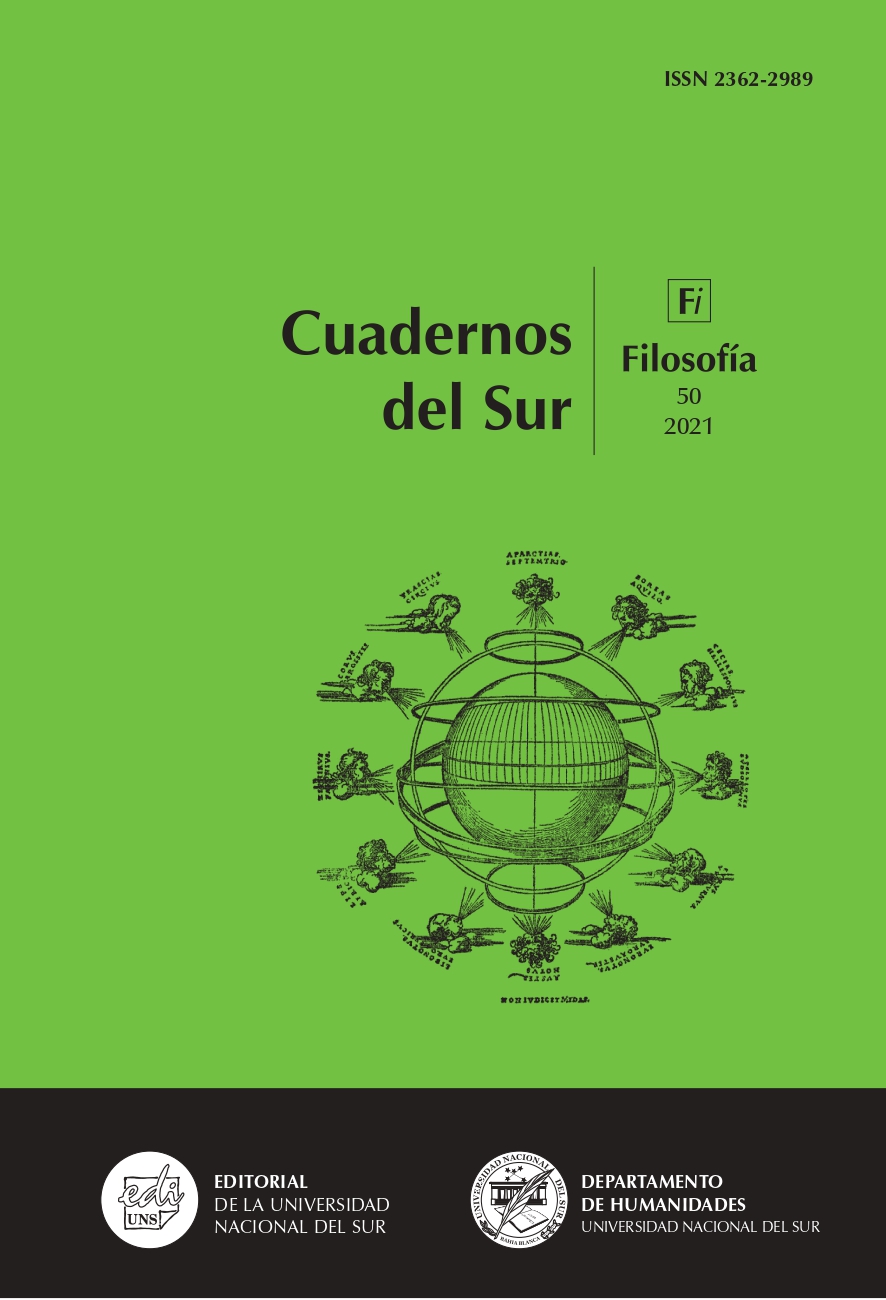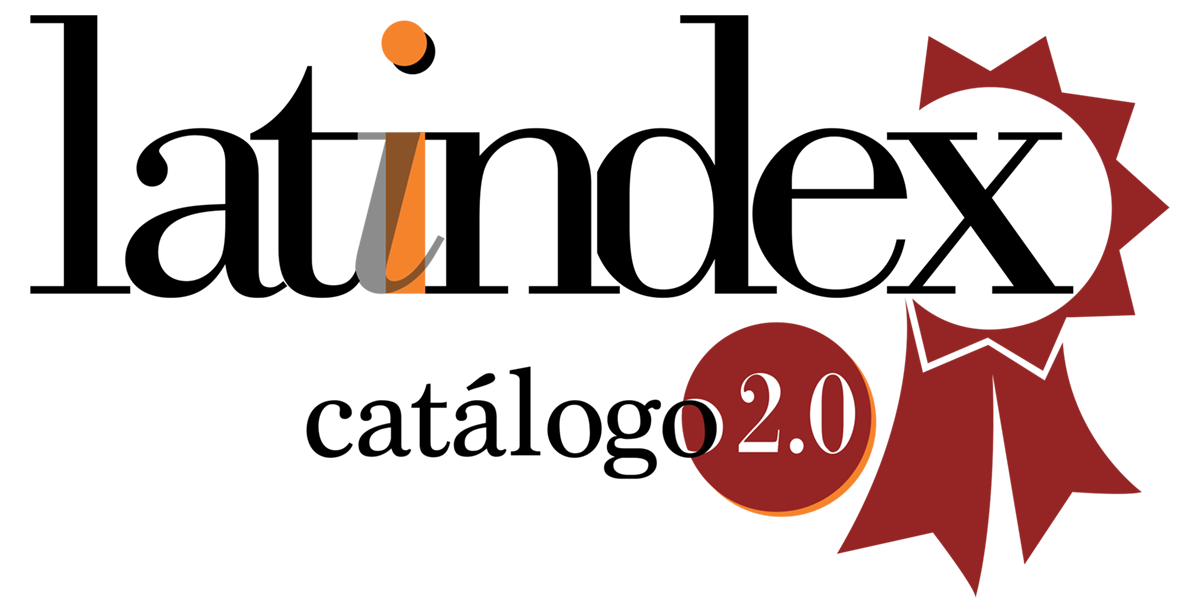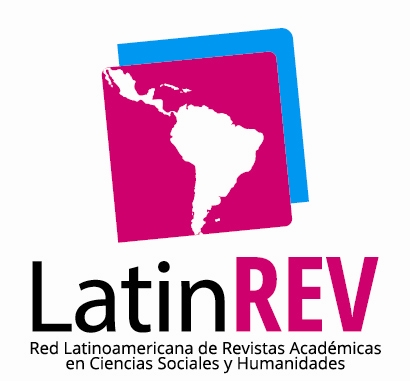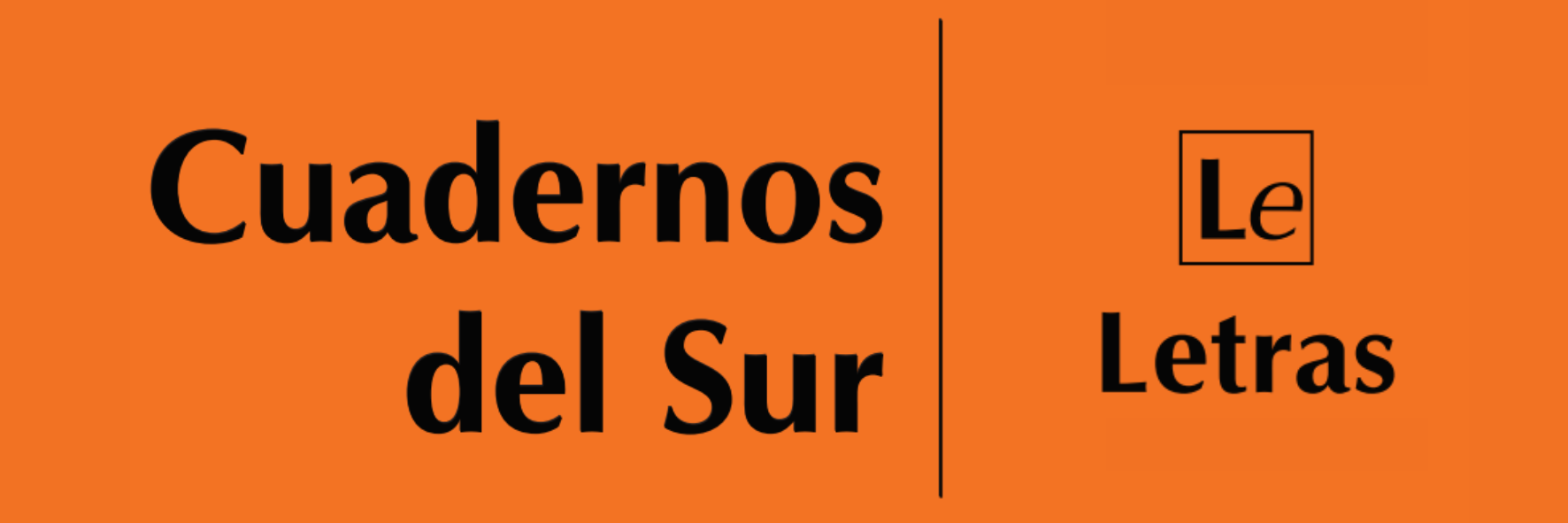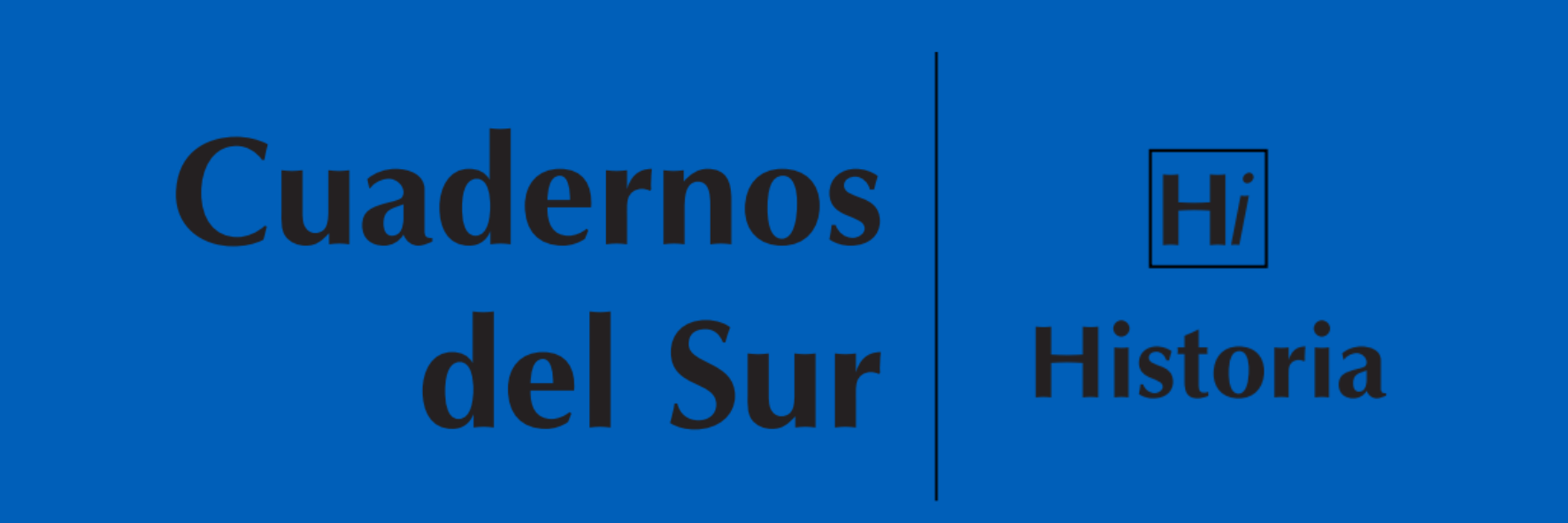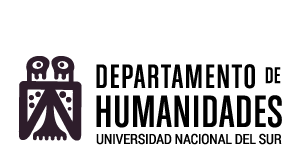El Estado entre metáforas. Maquiavelo y el vínculo del ámbito médico con el ámbito político
Keywords:
Machiavelli, medical metaphor, political conflictAbstract
In the present article, we deal with the medical metaphor in two works by Machiavelli, such as The Prince and Discourses on the first decade of Tito Livio. First, we will analyze the medical metaphor in relation to the notion of lo stato. Second, we will plant the notion of conflict as a disease. Third, we will deal with the image of the ruler as a doctor. Next, we will address the diagnostic procedure that the ruler will carry out, in order to determine what is afflicting the political body, and in turn to be able to specify what measures are necessary to adopt to restore its health. That is, the medication to be provided. Finally, we will point out how the mood balance is achieved within the State, that is to say, how health is maintained.
Downloads
References
Maquiavelo, Nicolás (2010a), “El príncipe”, en Obras selectas, Madrid, Ed. Gredos, pp. 1-90.
----- (2010b), “Discursos sobre la Primera Década de Tito Livio”, en Obras selectas, Madrid, Ed. Gredos, pp. 245-634.
Ascoli, Albert y Kahn, Victoria (1993), Machiavelli and the discourse of literature, Ithaca, Cornell University Press.
Belliotti, Raymond (2009), Niccolò Machiavelli: The laughing lion and the strutting fox, Lanham, Lexington Books.
----- (2015), Machiavelli’s secrets: The soul of the statesman, Albany, State University of New York Press.
Biagi, Francesco (a cura di) (2016), L’insorgenza repubblicana. Antologia di testi di Niccolò Machiavelli, Firenze, Il ponte editore.
Bock, Gisela et al. (1990), Ideas in context: Machiavelli and republicanism, Cambridge, Cambridge University Press.
Chabod, Federico (1984), Escritos sobre Maquiavelo, México, Fondo de Cultura Económica.
Echandi Gurdián, Marcela (2008), “El concepto de Estado y los aportes de Maquiavelo a la teoría del Estado”, Revista de Ciencias Jurídicas de la Universidad de Costa Rica, n° 119, pp. 155-184.
Falco, María (2004), Re-reading the canon: Feminist interpretations of Niccolo Machiavelli, Pennsylvania, The Pennsylvania State University Press.
Johnston, David et al. (2017), Machiavelli on liberty and conflict, Chicago - Londres, The University of Chicago Press.
Laín Entralgo, Pedro (1970), La medicina hipocrática, Madrid, Revista Occidente.
Najemy, John (2010), The Cambridge companion to Machiavelli, Cambridge, Cambridge University Press.
Pedullà, Gabriele (2018), Machiavelli in tumult: The discourses on Livy and the origins of political conflictualism, Cambridge, Cambridge University Press.
Peiró Muñoz, Fernando (2015), “Platón y Maquiavelo: en torno a la posibilidad de una ‘noble mentira’ en política”, en Campillo, Antonio y Manzanero, Delia (coords.), Actas I Congreso internacional de la Red Española de Filosofía, vol. VI, València, Red española de Filosofía y Publicacions de la Universitat de València (PUV), pp. 33-45.
Perelman, Chaïm (1997), El imperio retórico. Retórica y argumentación, Barcelona, Editorial Norma.
Perelman, Chaïm y Olbrechts-Tyteca, Lucie (1989), Tratado de la argumentación: nueva retórica, Madrid, Gredos.
Pocock, John (1975), The Machiavellian momento: Florentine political thought and the atlantic republican tradition, Princeton, Princeton University Press.
Rico Méndez, Favio et al. (2001), “Medicina y teorías de la enfermedad en el Viejo Mundo. La antigüedad remota”, Revista del Instituto Nacional de Enfermedades Respiratorias, vol. 14, n° 3, pp. 178-195.
Roetti, Jorge (2014), Cuestiones de fundamento, Buenos Aires, Academia Nacional de Ciencias de Buenos Aires, Centro de Estudios Filosóficos Eugenio Pucciarelli.
Scott, John (2016), The Routledge guidebook to Machiavelli’s The Prince, Londres - Nueva York, Routledge.
Skinner, Quentin (1984), Maquiavelo, Madrid, Alianza Editorial.
Strauss, Leo (1964), Meditación sobre Maquiavelo, Madrid, Instituto de Estudios Políticos.
Zuckert, Catherine (2017), Machiavelli’s politics, Chicago - Londres, The University of Chicago Press.
How to Cite
Issue
Section
License
Copyright (c) 2022 Carolina Y. Andrada-Zurita

This work is licensed under a Creative Commons Attribution-NonCommercial 4.0 International License.
Aquellos autores/as que tengan publicaciones con esta revista, aceptan los términos siguientes:- Los autores/as conservarán sus derechos de autor y garantizarán a la revista el derecho de primera publicación de su obra, el cuál estará simultáneamente sujeto a la licencia Atribución-No Comercial 4.0 Internacional CC BY-NC 4.0.
- Los autores/as podrán adoptar otros acuerdos de licencia no exclusiva de distribución de la versión de la obra publicada (p. ej.: depositarla en un archivo telemático institucional o publicarla en un volumen monográfico) siempre que se indique la publicación inicial en esta revista.
- Se permite y recomienda a los autores/as difundir su obra a través de Internet (p. ej.: en archivos telemáticos institucionales o en su página web) una vez publicado su trabajo, lo cual puede producir intercambios interesantes y aumentar las citas de la obra publicada. (Véase El efecto del acceso abierto).

